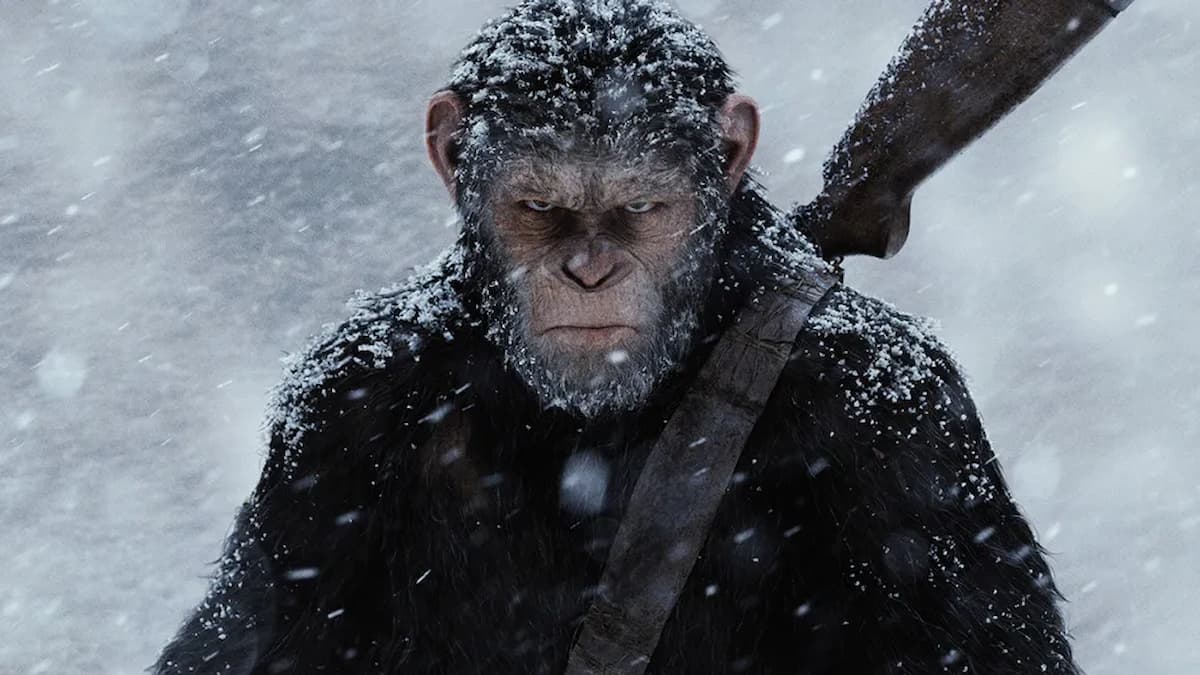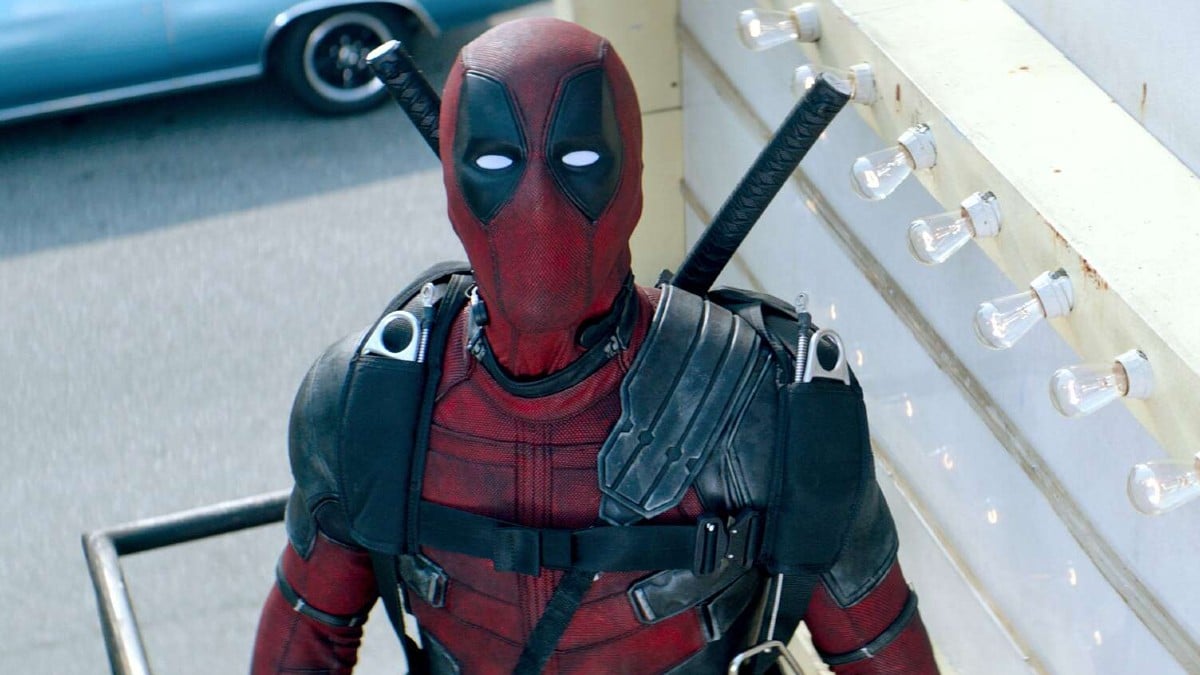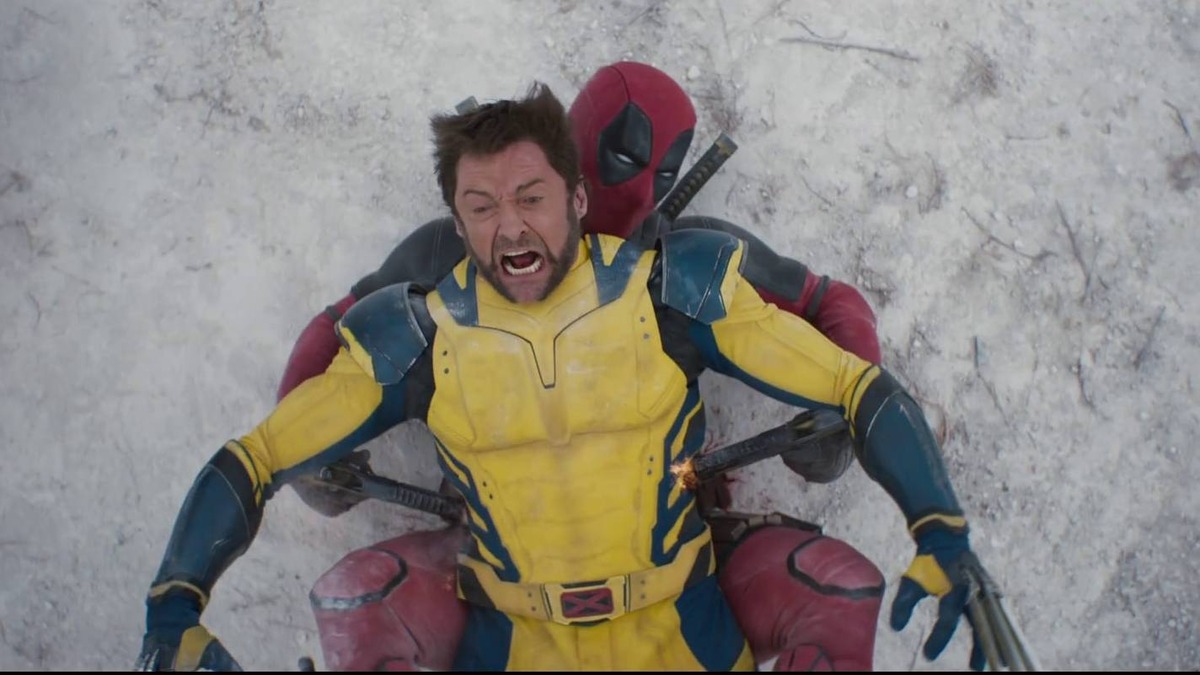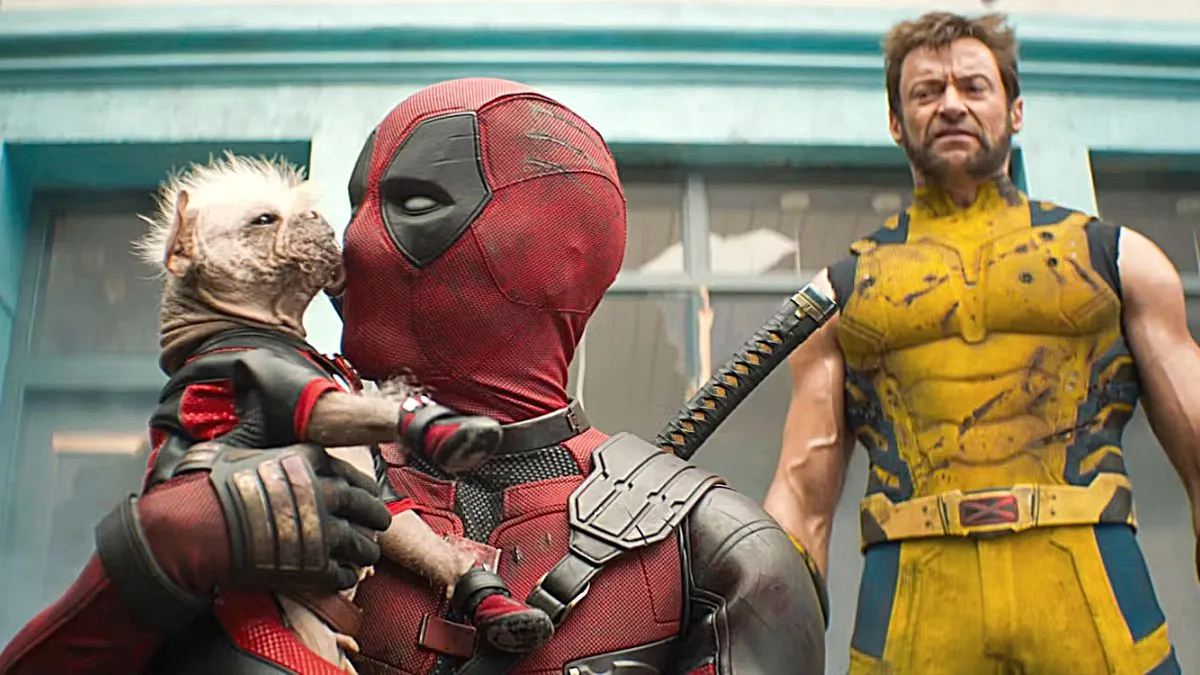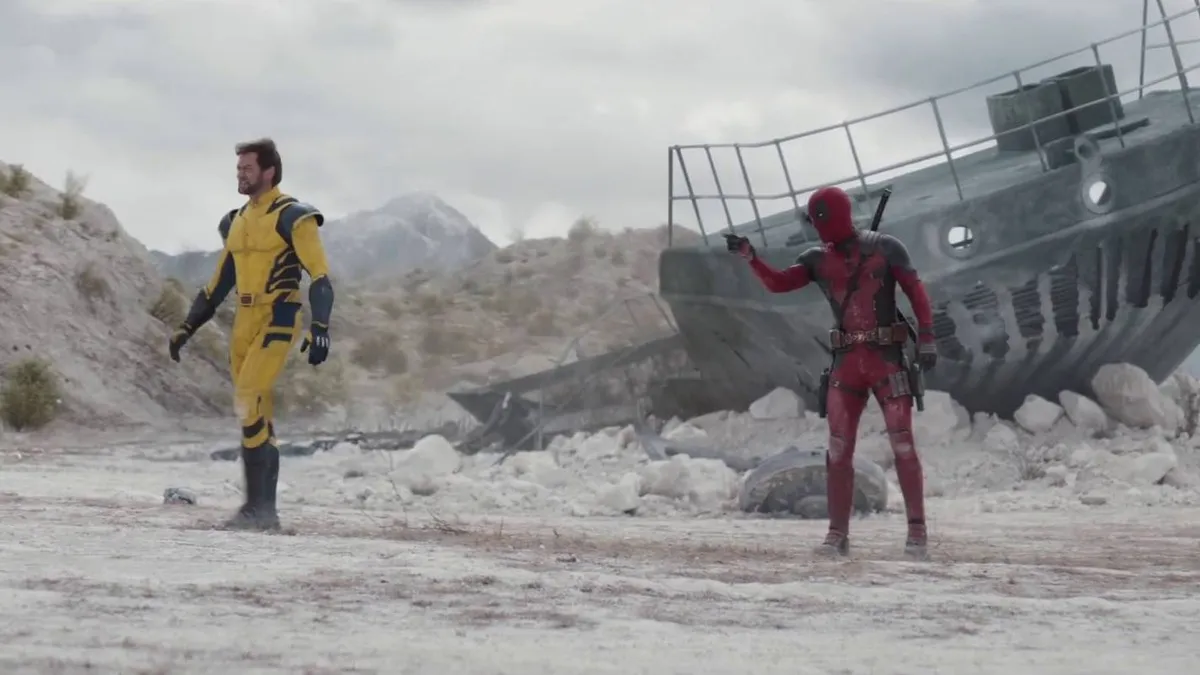
A friend of mine in film studies once grimaced when I mentioned the name Xavier Dolan, bottling up the same rage that a film student would typically give to Uwe Boll or Michael Bay. The anger was misplaced: Dolan has not yet directed anything that would be considered bad or even close to bad, but he is an extremely prodigious young filmmaker. Dolan is only 25, yet earlier this week, he screened his fifth film, Mommy, at the Cannes Film Festival – one that is already being touted as a major contender for world cinema’s most prestigious prize, the Palme D’Or. It is his fourth film to screen at Cannes. When you have reached that peak of critical adoration by your mid-twenties, it is hard not to be a bit envious.
Dolan is a Québécois director who often tells stories about the fractious relationships between gay children and their parents. His debut film, the exceptional I Killed My Mother, is a searing, funny and emotionally riveting story semi-based on the filmmaker’s life as a gay teen growing up in suburban Montreal. Tom at the Farm, his fourth film and first not to come from his original screenplay, also focuses on this schism between mother and son. Even though Michel Marc Bouchard wrote the play (and co-wrote the script with Dolan), it fits remarkably well within the filmmaker’s oeuvre.
The Tom who the title refers to is a bleached blonde, skinny jeaned, pale faced twenty-something from Montreal. After his boyfriend, Guillaume, dies, Tom drives out to the Quebec countryside to attend the funeral with his lover’s family. Guillaume’s mom, Agathe (Lise Roy), is a humble woman who expects that her son’s girlfriend, Sara (Evelyne Brochu), will arrive for the burial. She does not know that her son was gay, but is relieved to find that Tom can stay at the farm with her, taking him to be one of Guillaume’s closest companions.
Tom does not correct Agathe, understanding that he should just leave the mother at peace as she grieves. He even eschews making a heartfelt speech at the funeral, believing it may give away that Guillaume was gay and upset members of the community. Things get strange when Guillaume’s older brother Francis (Pierre-Yves Cardinal), who runs the farm, confronts Tom in places of weakness – a bathroom stall, when he is asleep in bed – and threatens him to keep his brother’s sexuality a secret.
Tom at the Farm is a film filled with secrets, but one thing is abundantly clear: a filmmaker who used to be one to keep an eye on is certainly an auteur to keep watching. Dolan transfers his chic, colourful, urban Montreal flavour to a bleak, almost monochromatic countryside, and shifts the genre from relationship dramedy to psychological thriller, but the themes and conflicts are in accord with his earlier stories.
The performances are uniformly strong. Dolan is terrific as he wrestles with his own grief in a place where he struggles to find any sort of communication or relief, since he is resigned to shut up. Cardinal is a foreboding presence with a nasty tone, delivering menace with a shade of uncertainty. He does not just play Francis as a nasty guy with a bad reputation, but a man trying to figure out the limits of his own sexuality. Roy offers a delicate touch as Agathe, although she later fires into a gripping emotional plea to Sara, hoping to find out more about her son’s affairs.

The Québécois wunderkind is especially good at picking collaborators behind the camera. The cinematography comes from Andre Turpin, who also photographed another great stage-to-film adaptation from a great Canadian filmmaker, Denis Villeneuve’s Incendies. Turpin is an expert at trapping the characters within the confines of a frame, compressing their face into steady close-ups.
In one scene late in the film, when Sara arrives to comfort Agathe and the mother has an outburst of emotion, Turpin isolates each character into their own space by focusing on each of them as his or her face fills the frame. This effect could not be achieved by Bouchard’s stage play, and it allows Turpin and Dolan to tighten the space to show the division and the isolation of the four main characters.
At other moments, Turpin photographs the power struggle between the delicate Tom and the beefier Francis, most memorably during an intimate dance between the characters in the barn. Without Francis hovering menacingly around the frame, we see his conflicted emotional state as he leads in the dance, perhaps confirming something hidden about his own desires.
Meanwhile, Oscar-winning composer Gabriel Yared (The English Patient) offers a bleating score that is bold and dissonant, sounding like the cries of the farm animals who remain delegated to the background. The amped-up music is a bit overbearing at first, but as Tom’s experience on the farm turns darker, the harsh chords feel true to his trapped state.
Dolan often fills his stories with light pop music and dark humour, but Tom at the Farm is a much bleaker work that anything he has made so far, opting for overcast skies rather than sparkling Montreal sunlight. He builds suspense by tightening the camera on the characters, restricting our view of what looms just beyond, while trapping us in each one’s psychological state. If anything falters, it is the ending, which builds up to a rushed climax and an inconclusive final few scenes.
However, so much of the rest of the film is made and performed with skill, that they outshine some of this story’s shortcomings. Dolan is one of the finest Canadian filmmakers working today, a thoughtful observer of strained human relationships who exudes style without being self-indulgent. No wonder so many aspiring directors envy his bravura talent.


